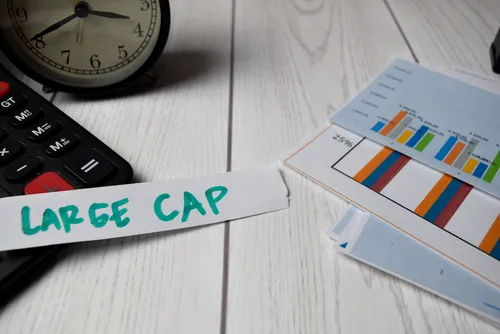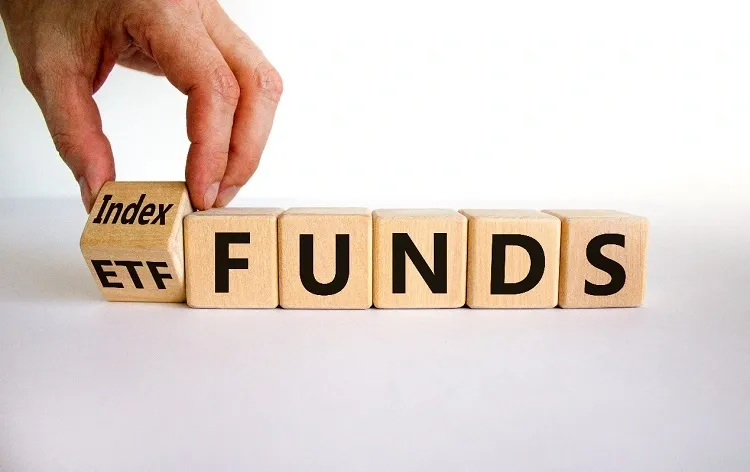Related Articles

What are Equity Mutual Funds – Types, Taxation and Risks?
Are you planning to invest your savings or hard-earned money to generate better returns and save ample for future and unforeseen circumstances? Equity funds are what you might be looking for.....
Read More
ELSS Tax Saving Investment Plan
An Equity Linked Savings Scheme, also known as ELSS, is a diversified equity mutual fund. ELSS tax saving...
Read More
Understanding Large Cap Funds and Making a Smart Investment Choice
If an investor to looking to make a long-term investment, experts always suggest that one opts for equity investments like ...
Read More




